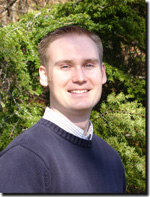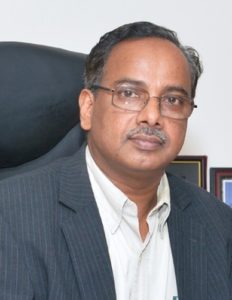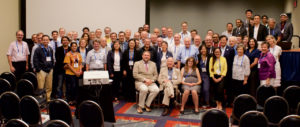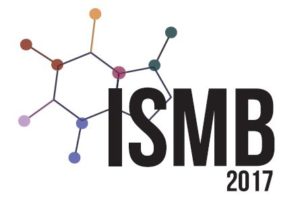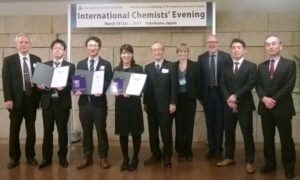November 7, 2017 is the 150th anniversary of Marie Skłodowska-Curie‘s birthday. Curie’s life exemplified the challenges that women aspiring to creative and rewarding intellectual endeavours faced even in the Age of Enlightenment. Today, we are fortunate to live in a time when college education and science careers are open to women (at least, in most countries). Yet, there are still many barriers, biases, and inequalities that women pursuing careers in science and technology face. One pervasive problem is a perception of intellectual inferiority of women; examples include public remarks by former Harvard president Larry Summers and a recent manifesto of a Google engineer. What I find mind-boggling is that these beliefs survive despite overwhelming objective evidence of female excellence in STEM fields. However, the perception is reinforced by another phenomenon: under-appreciation and under-recognition of women’s contributions and achievements in STEM.
To mark the 150th birthday of Marie Curie, the Journal of Physical Chemistry has published a compilation of papers highlighting female physical chemists. The breadth of topics covered in these papers and the quality of science they present make a powerful statement. The Editorial shares several facts about the history of female authorship, including the reference to Curie’s 1901 paper, which is believed to be the first paper by a female author published in the journal.
At PCCP we have an ongoing commitment to diversity, and proud history of publishing work from female authors and striving to ensure a balanced Editorial Board which is reflective of the field. Yet, of course more work towards achieving a level playing field will be done.
To celebrate Marie Curie’s birthday, we have collated a gallery of cover images of PCCP papers to highlight just some of the excellent contributions made to the journal by female scientists in the physical chemistry field. We hope you enjoy them.
– Anna Krylov, PCCP Editorial Board member
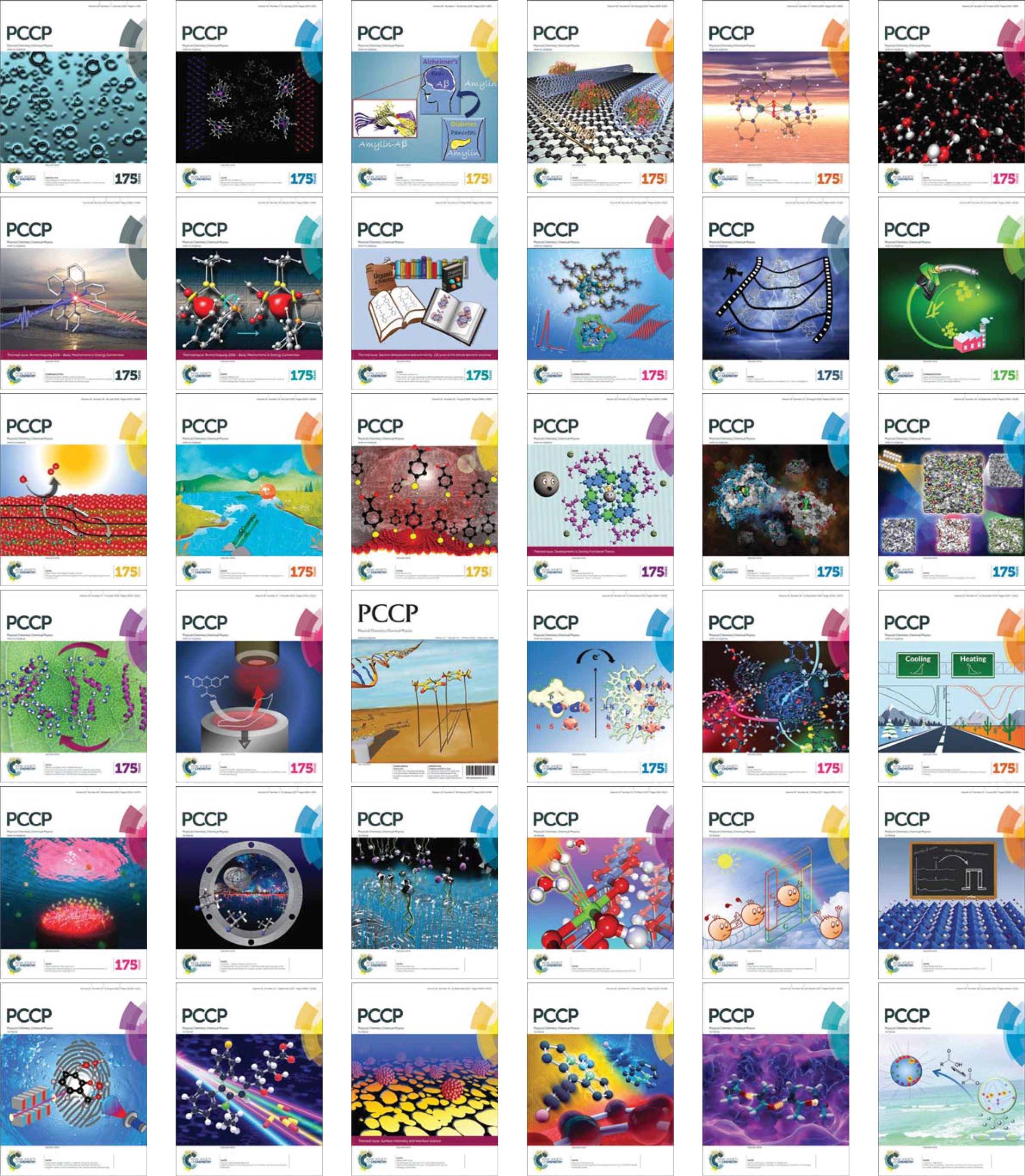
The articles include:
In search of metal hydrides: an X-ray absorption and emission study of [NiFe] hydrogenase model complexes
Serena DeBeer et al.
Phys. Chem. Chem. Phys., 2016, 18, 10688. DOI: 10.1039/C5CP07293J
The role of alkali metal cations in the stabilization of guanine quadruplexes: why K+ is the best
Fonseca Guerra et al.
Phys. Chem. Chem. Phys., 2016, 18, 20895. DOI: 10.1039/C6CP01030J
Phosphine passivated gold clusters: how charge transfer affects electronic structure and stability
Doreen Mollenhauer and Nicola Gaston
Phys. Chem. Chem. Phys., 2016, 18, 29686. DOI: 10.1039/C6CP04562F
Chirped-pulse Fourier transform millimeter-wave spectroscopy of ten vibrationally excited states of i-propyl cyanide: exploring the far-infrared region
Amanda L. Steber, Melanie Schnell et al.
Phys. Chem. Chem. Phys., 2017, 19, 1751. DOI: 10.1039/C6CP06297K
Fingerprints of inter- and intramolecular hydrogen bonding in saligenin–water clusters revealed by mid- and far-infrared spectroscopy
Marie-Pierre Gaigeot, Edwin L. Sibert III, Anouk M. Rijs et al.
Phys. Chem. Chem. Phys., 2017, 19, 20343. DOI: 10.1039/C7CP01951C
Dewetting acrylic polymer films with water/propylene carbonate/surfactant mixtures – implications for cultural heritage conservation
Debora Berti et al.
Phys. Chem. Chem. Phys., 2017, 19, 23723. DOI: 10.1039/C7CP02608K
The effect of π-stacking, H-bonding, and electrostatic interactions on the ionization energies of nucleic acid bases: adenine–adenine, thymine–thymine and adenine–thymine dimers
Krylov et al.
Phys. Chem. Chem. Phys., 2010, 12, 2292. DOI: 10.1039/B919930F


